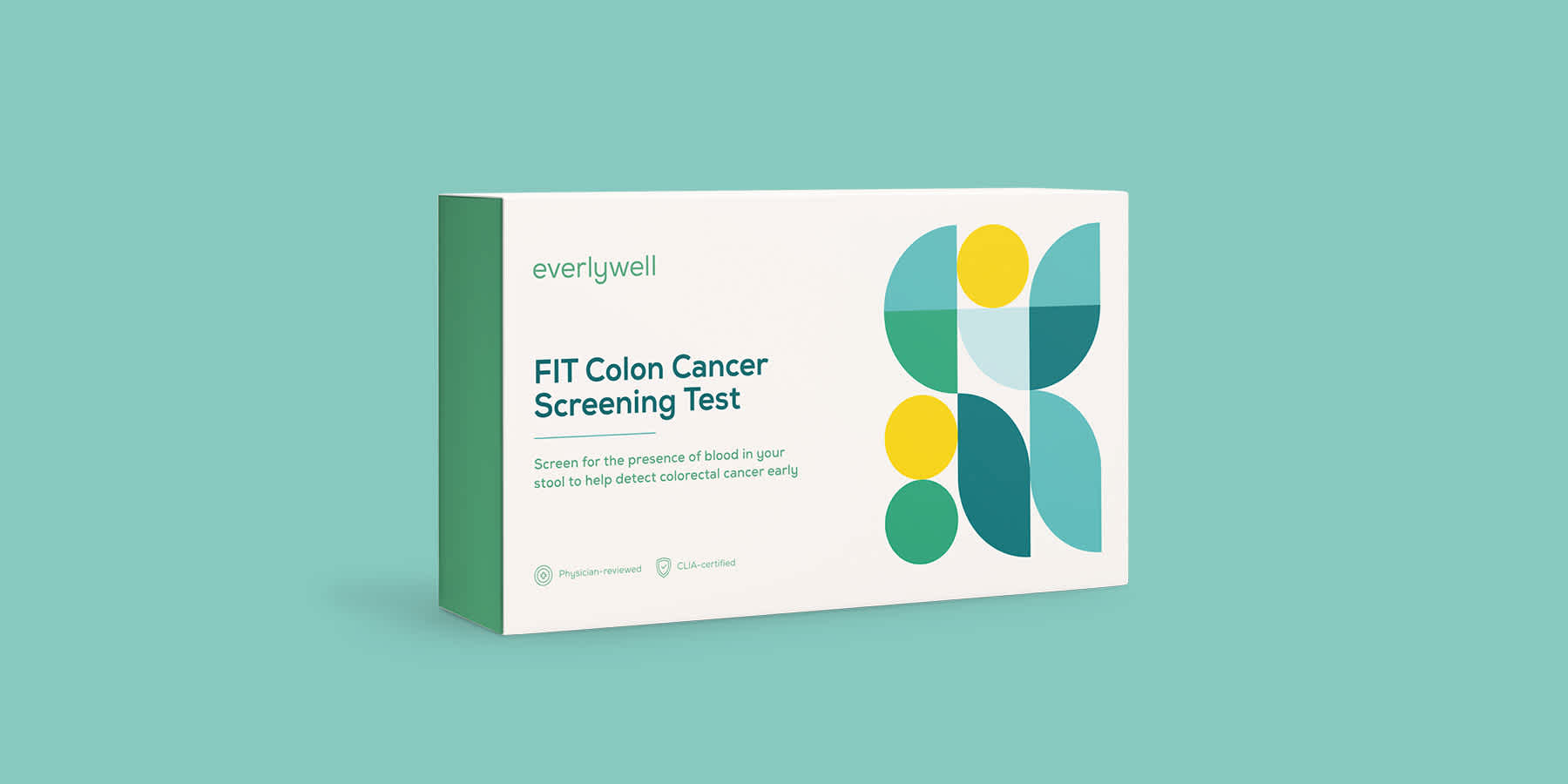
Updated December 7, 2023. Medically reviewed by Neka Miller, PhD. To give you technically accurate, evidence-based information, content published on the Everlywell blog is reviewed by credentialed professionals with expertise in medical and bioscience fields.
Table of contents
- What Is Colon Cancer?
- Who Can Get Colon Cancer?
- How Can I Help Prevent Getting Colorectal Cancer?
- What Can I Do Right Now?
- Related Content
Millions of people in the United States forgo colon cancer screenings each year, despite it being the 2nd leading cause of cancer death of men and women combined in the United States. In fact, about 1 in 23 men and 1 in 25 women will be diagnosed with colorectal cancer (CRC) in their lifetime. And according to a study carried out by Epic, an EMR system used in many healthcare organizations across the country, clinical office visits have declined since social distancing measures were put in place due to the COVID-19 pandemic. However, telehealth platforms are now supporting the gap in testing.
Fortunately, with the at-home FIT Colon Cancer Screening Test, annual screenings like colon cancer can still be easily accessed and completed with physician-reviewed care, so you can stay on top of your preventative care needs—all from the comfort and safety of your home.
What Is Colon Cancer?
If you’re unfamiliar with this type of cancer, colorectal cancer (CRC)—also known as colon cancer—develops in the colon (large bowel) or the rectum and usually develops slowly over a period of many years. Before a true cancer develops, it usually begins as a non-cancerous polyp, which may eventually change into cancer. A polyp is a growth of tissue that develops on the lining of the colon or rectum. Certain kinds of polyps, called adenomas, are most likely to become cancerous.

Who Can Get Colon Cancer?
Anyone can get colorectal cancer. However, the risk of colorectal cancer drastically increases as you get older, with 90% of cases occurring in people who are 50 years or older. It is the third most commonly diagnosed cancer and the second most common cause of cancer death of men and women combined in the United States. But when caught early, there are life-saving treatments that can be highly effective.
Public health organizations such as the U.S. Preventive Services Task Force (USPSTF) and the CDC recommend men and women over the age of 50 who are considered average risk should be routinely screened, once a year, for colorectal cancer.
Although colorectal cancer often has no symptoms (which is why routine screening is so important), warning signs that may indicate colon cancer include the following:
- Blood in your stools
- Narrower than normal stools
- Unexplained abdominal pain
- Unexplained change in bowel habits
- Unexplained anemia
- Unexplained weight loss
These symptoms may be caused by other benign diseases such as hemorrhoids, inflammation in the colon, or irritable bowel syndrome. Therefore, if you have any of these symptoms, you should be evaluated by your doctor.
How Can I Help Prevent Getting Colorectal Cancer?
Screening tests like the Fecal Immunochemical Test (FIT) look for hidden (or occult) blood in your stool. Since colorectal polyps (which may be precancerous) can leak blood during the passage of stool, this non-invasive screening method is an important—and easy—way to catch colon cancer early.
Colorectal cancer screening saves lives in two important ways:
- By finding and removing precancerous polyps before they become cancerous
- By detecting the cancer early when it is most treatable
In a study conducted by the American Cancer Society, mortality rates caused by colorectal cancer decreased by an average of 2.5% per year between 2005 to 2014. Prior to this, declines in mortality rate between 1975 to 2000 were due to screening (53%), changing patterns in CRC risk factors (35%), and better treatment (12%).
What Can I Do Right Now?
If you are 45 years or older, you are eligible to take the Everlywell FIT Colon Cancer Screening Test—a non-invasive at-home colon cancer screening test that screens for the presence of blood in your stool and can help detect colon cancer early so it may be treated.
It’s easy to use. Once you receive a kit at home, simply follow the instructions, and collect your sample when it’s most convenient for you. Once the lab has your sample, you will receive digital results within 5 days.
If you receive a positive result, our physician network will contact you to discuss, and we also recommend discussing it further with your healthcare provider as additional testing may be needed.
This test alone cannot diagnose colon cancer, but it’s an easy first step to taking control of your health with preventive care. Give yourself a little peace of mind and better odds for a healthier future.
Get the at-home FIT Colon Cancer Screening Test.
Related Content
Colon Cancer in Younger Adults Is on the Rise: Here’s What to Know
Who Is at Risk for Colon Cancer?
10+ Common Causes of a Change in Bowel Habits
References
1. Key Statistics for Colorectal Cancer. American Cancer Society. https://www.cancer.org/cancer/colon-rectal-cancer/about/key-statistics.html. Accessed June 17, 2020.
2. As Office Visits Fall, Telehealth Takes Hold. Epic Health Research Network. https://ehrn.org/as-office-visits-fall-telehealth-takes-hold/. Accessed June 17, 2020.
3. Colorectal Cancer Screening Tests. American Cancer Society. https://www.cancer.org/cancer/colon-rectal-cancer/detection-diagnosis-staging/screening-tests-used.html. Accessed June 17, 2020.
4. Colorectal Cancer Facts & Figures 2020-2022. American Cancer Society. https://www.cancer.org/content/dam/cancer-org/research/cancer-facts-and-statistics/colorectal-cancer-facts-and-figures/colorectal-cancer-facts-and-figures-2020-2022.pdf. Accessed June 17, 2020.
Spotlight on
Featured content

86% of cancers aren't caught by recommended screenings. See what they're missing with a single blood draw.
Save $100 now
Explore Everlywell








